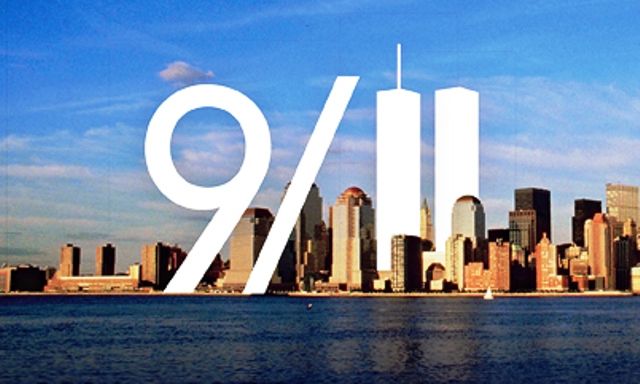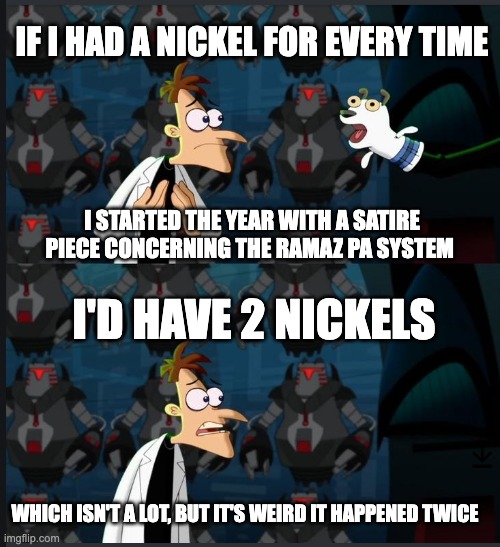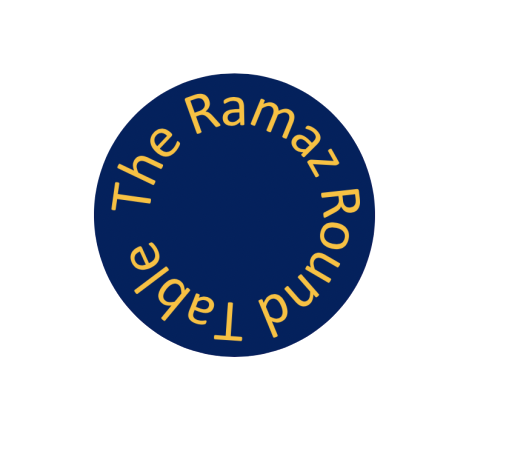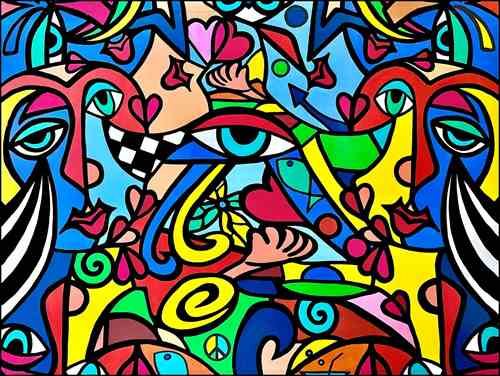Why This Year’s 9/11 Assembly Could’ve Been Better
As I walked out of the auditorium following this year’s 9/11 assembly, I found myself both crushed under a crowd of screaming students and disappointed. 9/11 survival stories are often incredibly emotional (I’ve cried sometimes listening to them), but this year’s program failed to elicit that same poignancy.
The assembly began with students watching a generic video outlining the tragedies of the day. As most of these are similar in nature, they’re never anything special, but I get it—a video sets the tone and refreshes the memories of a high school student body too young or not even alive to remember such a horrific day. Following the video were two speakers: one was a 9/11 museum docent who had lived downtown somewhat close to the Towers (but worked in midtown), and the other was a construction worker who helped clear out the rubble after the disaster. But one essential perspective was missing: someone who was actually in the Towers or who had lost a family member. Yes, everyone in New York suffered on 9/11, even those who lived uptown or in a different borough, but honestly, we can hear some of those stories from our parents, many of whom have their own 9/11 experiences to share. This is not to say that the woman and man who spoke were ineffectual, nor would I wish to marginalize their trauma—it’s important to hear about the day from multiple perspectives—but that third essential perspective of someone who was in the Towers or lost someone in the Towers was absent.
The second part of the program was more troubling. After the speakers, students listened to a poem written by Moshe Sokolow (a paramedic at the scene of 9/11) in both Hebrew and English. This, I felt, was unnecessary: even though the poem was nicely written, 9/11 is not a Jewish event. There were Jews who perished, but there were people from others religions who died too. It felt wrong to put Judaism at the center of the memorial.
Then, to cap that off, the assembly concluded with “HaTikvah” and “The Star-Spangled Banner.” The Hebrew poem and singing of “HaTikvah” felt out of place to me, and some of the students seemed to agree, as “HaTikvah” had noticeably fewer voices singing than the American national anthem. Why bring Hebrew or Israel into this? The assembly was supposed to be about us as residents of the New York area and as citizens of the United States during what was arguably one of the most pivotal days in the city’s (and country’s) history. For once, can’t we just mourn what happened as Americans and human beings without bringing in a Jewish component? With only about half an hour of running time, the assembly would have been more effective had it focused more on what the day is about: hearing from all those whose lives were permanently changed, remembering those whose lives were lost, and reaffirming our pride in the USA even in difficult times.
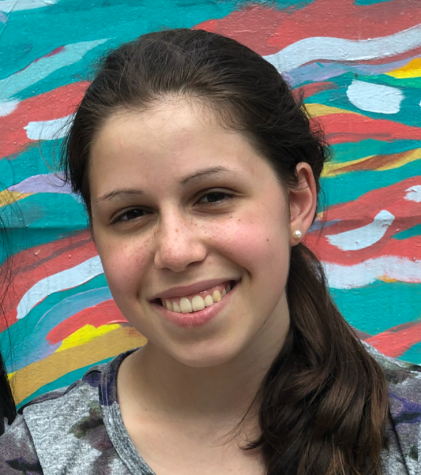
Natalie Kahn joined The Rampage staff as a freshman and wrote numerous articles before becoming Co Editor-in-chief this year. Natalie is a skilled writer...

